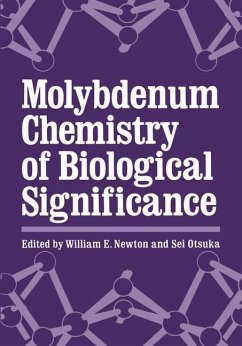Catalysts are called substances that inhibit the speed of a chemical reaction, which is thermodynamically permissible but without engaging as reagents or products of this reaction and without altering their chemical composition during the reaction. Most biological catalysts, called enzymes, are very specialized. An enzyme most often catalyses a single or a few chemical reactions but very similar ones. Nature is inextricably linked to life. For this reason, it has developed a complex system with which its reactions take place. The system of nature reactions is linked to biocatalysis. The comparative advantages of biocatalyzing are used in a variety of applications in various sectors, such as the food industry, the pharmaceutical industry, the synthetic material industry, the compound synthesis industry and others. From this research, one can derive data and information about enzymes, biocatalysis and biotechnology.








